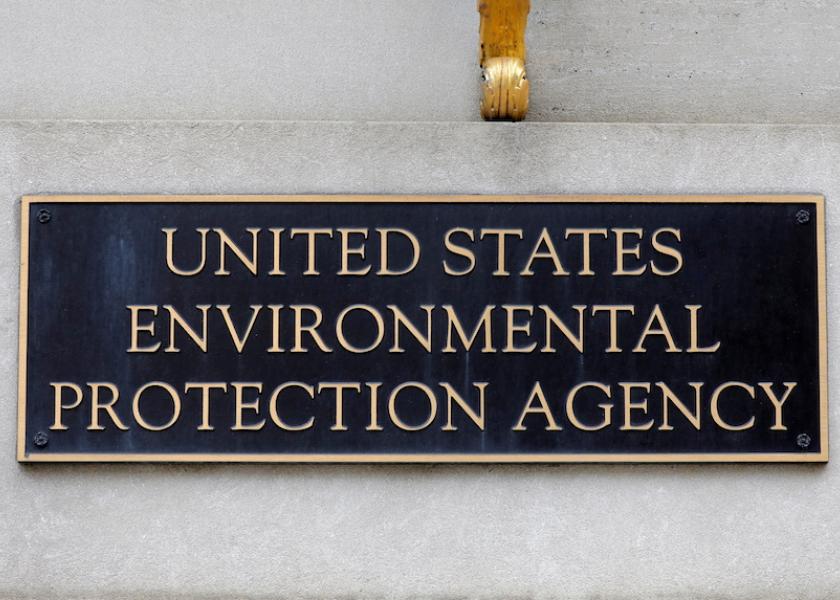Biden's Climate Agenda Upended by SCOTUS's Ruling on the EPA

The U.S. Supreme Court (SCOTUS) has been busy this summer. On Thursday, the Court’s 6-3 ruling found the U.S. Court of Appeals for the District of Columbia Circuit was wrong when it decided the Clean Air Act gives the EPA power over carbon emissions.
Examples of the EPA’s climate authority that is now at a standstill:
1. Re-engineering the nation’s electric grid
2. Advising coal-producing states and facilities on how to run their operations
Regulations Considered in the SCOTUS Case
SCOTUS’s ruling contradicts the Obama-era power plant rule — Clean Power Plan (CPP) — secured in 2015 that outlined how to combat climate change by reducing carbon pollution from power plants. The rule was put on hold by SCOTUS in 2016, as numerous states and private entities challenged the act.
By 2019, the Trump administration attempted to swap out the CPP for the Affordable Clean Energy (ACE) Rule. This rule offered states the discretion to decide each power plant’s compliance standards.
The D.C. Circuit vacated the CPP and ACE Rule in 2021, before sending the case to the EPA for more proceedings. On Thursday, SCOTUS overturned the D.C. Circuit’s ruling, saying neither plan shows the EPA has regulatory authority, nor do the plan’s offer “clear congressional authorization.”
How SCOTUS Put on the Brakes
According to Chief Justice John Roberts, because the Biden administration “vigorously defends” the Obama-era CPP, the court has the authority to recognize the administration may push the same legislation (CPP) again, which is why SCOTUS has the authority to shut it down now.
“Capping carbon dioxide emissions at a level that will force a nationwide transition away from the use of coal to generate electricity may be a sensible ‘solution to the crisis of the day,’” Roberts explained in his concurring opinion.
He says only Congress, or an agency with express authority from Congress, can adopt a “decision of such magnitude and consequence.”
Jim Wiesemeyer, ProFarmer policy analyst, says SCOTUS is “reining in the power of federal regulators.” He believes federal agencies will now likely have to “adhere” to congressional statues.
Work Around
SCOTUS’s climate change ruling doesn’t necessarily mean climate initiatives will be put at a standstill.
Climate legislation and use of the EPA’s current authority can be leveraged within cities and states to stop climate pollution. However, past climate bills have not passed through the Senate, which might foretell the fate of any future bill. President Joe Biden says he plans to try, nonetheless.
SCOTUS’s busy year is not yet over. In October, the Court will review another round of controversial cases, including affirmative action, environmental protections and election law.
More on EPA:
Court Orders EPA to Reassess Glyphosate Impact on Human Health, Environment
EPA Proposes New Rules on RFS, Finalizes Biofuel Blending Requirements
EPA Proposes Five Changes to Atrazine Labels, Introduces “Picklist” Mitigation







